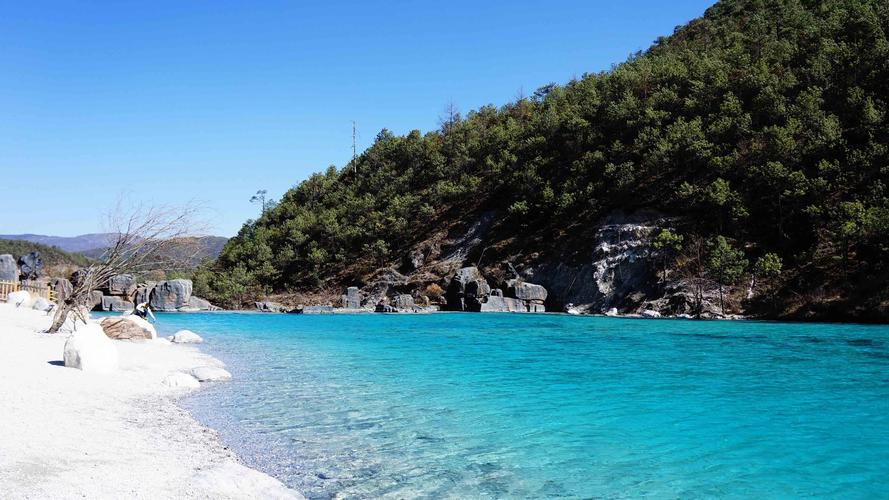Water is the most precious resource on earth as it not only supports life but also strengthens cultural values across the globe. For centuries, people have depended on water for various purposes such as irrigation, transportation, and energy generation, among others. It’s therefore crucial to preserve this resource by ensuring sustainable usage and management practices.
Multiple factors contribute to the depletion of water resources globally, including climate change, population growth, and environmental degradation. It’s alarming that up to 80% of the urban population in developing countries is exposed to poor quality water. This trend is set to worsen, with projections indicating that by 2025, half of the world population will be living in water-stressed areas.
Preserving water resources and their cultural values requires a multi-stakeholder approach. Communities, governments, and businesses must work together to ensure sustainable water use practices. For instance, water conservation initiatives should be incorporated into urban planning and development. Additionally, there should be investments in water infrastructure development such as dams, pipes, and storage systems.
Apart from these large-scale interventions, individuals can also play a significant role in water conservation. Simple actions such as turning off the tap while brushing teeth, using efficient showerheads, and fixing leaky taps can go a long way in reducing water consumption. Also, industries can opt for water-efficient production methods and technologies to promote sustainable water use.
Cultural values and beliefs play a significant role in water conservation. Many communities view water as a sacred commodity and view it in a spiritual perspective. For instance, in India, rivers such as the Ganges are worshipped for their spiritual significance. Also, various indigenous communities worldwide have incorporated water as part of their cultural practices such as rituals and ceremonies.
In conclusion, preserving water resources and their cultural values is crucial for a sustainable future. Promoting sustainable water use practices requires the efforts of various stakeholders, including individuals, governments, and industries. Additionally, it’s crucial to recognize the cultural significance of water and incorporate it into conservation efforts. If we take decisive action today, we can preserve this precious resource for future generations.
(Note: Do you have knowledge or insights to share? Unlock new opportunities and expand your reach by joining our authors team. Click Registration to join us and share your expertise with our readers.)
Speech tips:
Please note that any statements involving politics will not be approved.
